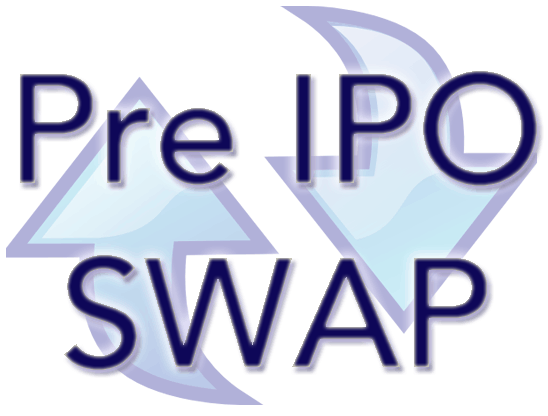When you look into the deeper potential for Impossible Foods, a bigger story emerges. For example are you aware of the UN’s 2030 plan to eradicate world hunger and end our reliance on meat based diets? Read the full document Here:N1529189
There’s only one way that’s going to happen, Food Science.
And now they have moved on to Impossible Pork. What’s next, Impossible plants?
When you combine their wide array of food science products, with their investor list who has plans of a larger global medical system (Bill Gates) it makes this company all the more interesting. Did you know for example that Microsoft Health is building ‘digital Hospitals’ and wants to be the single provider for health and life tech.
If there’s one area of health care where Microsoft’s aspirations are higher, it’s in the emerging field of AI. For instance, the company recently announced a deal with UCLA Health, through which UCLA will rely on Azure not only to store its vast health data but also to help analyze it quickly. UCLA is hoping it can aggregate data from a variety of sources, analyze it to tailor care to the individual, and, eventually, harness it to prevent disease. One of UCLA’s first goals is to implement an algorithm that aims to predict when a hospitalized patient’s condition is at risk of deteriorating. “The integration of information from structured data, like lab results and medication information, with unstructured data, like documentation, genomics and medical images, creates an incredibly powerful big-data learning platform for discovery,” said Michael Pfeffer, CIO for UCLA Health Sciences. Another use case for Microsoft’s AI tools involves a recently announced five-year partnership with Novartis. One of the major projects is called Data42, which will mine two million patient years of clinical data from hundreds of studies completed over the past two decades to try to uncover new insights. Another project will use deep learning to advance the speed and precision with which the pharmaceutical company develops new medicines. Novartis is hoping that using Microsoft’s AI can speed up the drug discovery process—which currently takes an average of 14 years and up to $2.5 billion—while differentiating the organization from its rivals.
There’s an obvious connection to food and health that the hippies have been talking about for years. But Microsoft is now known for it’s medical technology and more specifically, vaccine related technology, nanotechnology, and how it connects to the internet of things. Microsoft is trying to build a brave new world with unquestionable ethics (to save people from technology) but with very questionable side effects and privacy concerns that will make the average consumer wear a tin foil hat. For example, DARPA has a technology hydrogel that is a liquid (nanotech) that fuses with your tissue and becomes part of you – which can connect to the internet and your doctor. It can even administer medicine, and predict if you are about to have a heart attack. More interestingly, it swabs your DNA and can provide genetic specific testing for you.
While any of these companies in the list we are going to post look positive for COVID, we have to look at also the cap tables – who are the investors and what are their motives?
Cloud Infrastructure
- Druva: Offered at $4.50/share, relative to the company’s most recent funding round done at $5.21/share at a ~$1.3B post-money valuation (Jun ‘19)
Payments/E-Commerce Facilitation
- Marqeta: Offered at $3.63/share, relative to the company’s most recent funding round done at $3.89/share at a ~$2.0B post-money valuation (May ‘19)
Mental Health
- Calm: Offered at $86.85/share, relative to the company’s most recent funding round done at $86.85/share at a ~$1.0B post-money valuation (Feb ‘19)
Gaming
- Skillz: Offered at $1.37/share, relative to the company’s most recent funding round done at $1.61/share (split-adjusted) at a ~$760M post-money valuation (Aug ‘19)
- Unity: Offered at $23.81/share relative to the company’s most recent funding round done $22/share at a ~$6.0B post-money valuation (May ‘19)
Food Delivery
- Postmates: Offered at $5.26/share, relative to the company’s most recent funding round done at $9.16/share at a ~$2.4B post-money valuation (Oct ‘19)
- Doordash: Offered at $136.85/share, relative to the company’s most recent funding round done at $189.70/share at a ~$12.6B post-money valuation (May ‘19)
